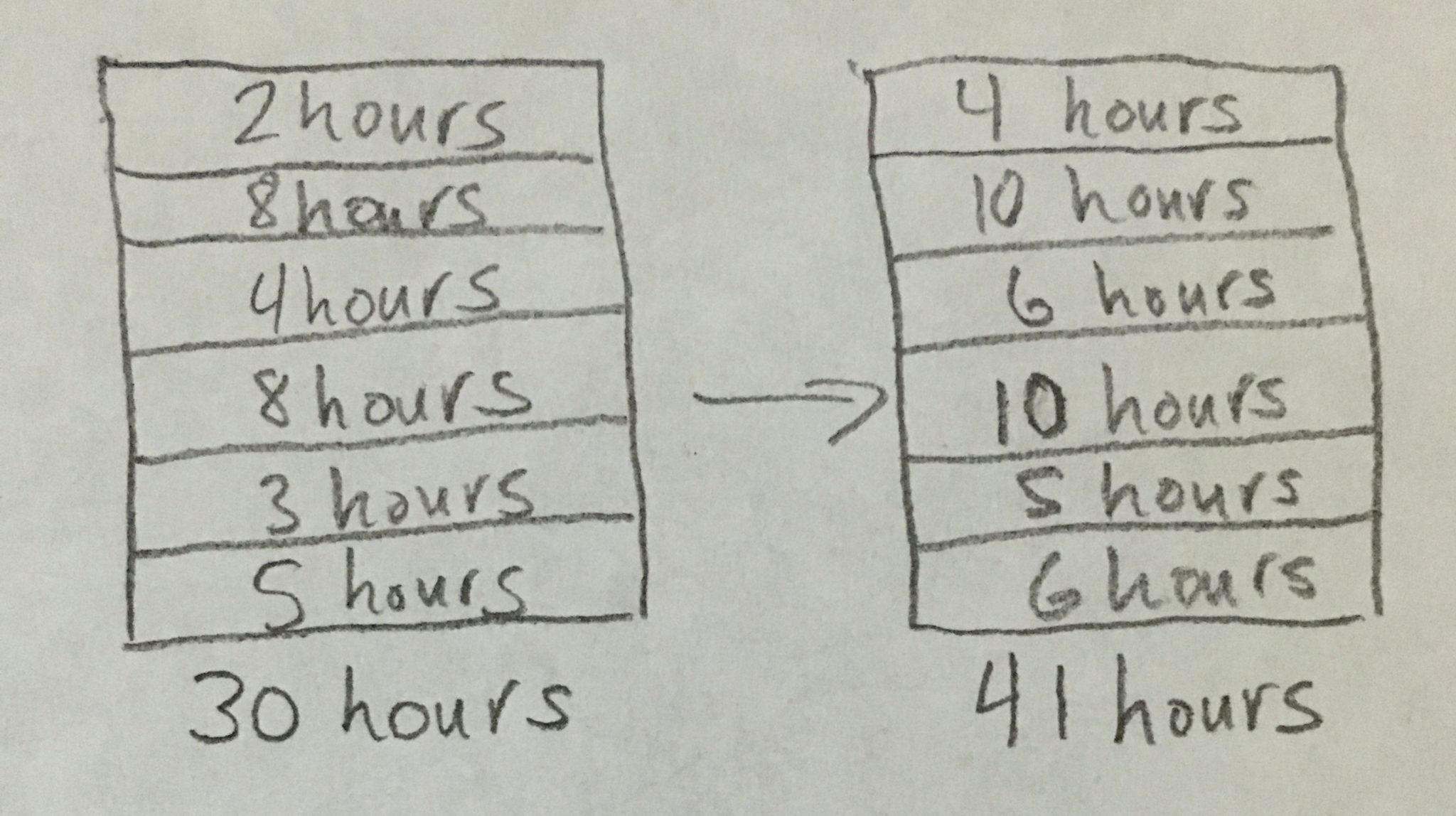Look, I need to talk about something that’s been grinding my gears since the invention of the telephone, but has reached absolutely apocalyptic levels in the Slack/Teams/Zoom era: the “quick call.”
You know the one. It starts innocently enough:
“Hey, got a minute for a quick call?”
NO. No, I don’t. Because we both know it’s not going to be quick. It’s NEVER quick. It’s a lie we tell ourselves and each other, like “I’ll just have one drink” or “I’ll start going to the gym next Monday.”
The Anatomy of the “Quick” Call
Let’s break down what actually happens when someone suggests a “quick call”:
Minute 0-3: You’re scrambling to find your headphones because they’ve mysteriously teleported to another dimension since you last used them. You finally locate them tangled with your phone charger in a knot that would impress a Boy Scout.
Minute 3-5: The actual dialing/joining process. Because someone—and let’s be honest, it’s always Greg from Marketing—can’t figure out how to unmute, can’t find the link, or is “having audio issues.” We can land rovers on Mars but Greg can’t click the microphone icon.
Minute 5-7: The small talk. “How was your weekend?” “Did you see the game?” “Crazy weather we’re having!” Nobody cares. We’re all pretending to care, but we’re actually screaming internally because we KNOW this was supposed to be quick and we’re already seven minutes in WITHOUT DISCUSSING THE ACTUAL TOPIC.
Minute 7-12: Finally getting to the point, except the point could have been an email. It’s always something that could have been an email. “I just wanted to get your thoughts on this thing that’s not time-sensitive and has seventeen moving parts that I’m now explaining verbally while you frantically try to take notes instead of just READING THE DOCUMENT I COULD HAVE SENT.”
Minute 12-20: The scope creep. “Oh, and while I have you…” NO. No, you don’t “have me.” You HAD me for a quick call. This is now a medium call approaching long-call territory, and I had things planned. Important things. Like staring blankly at my actual work while contemplating the heat death of the universe.
Minute 20-25: The ending that won’t end. You’ve said goodbye three times. You’ve wrapped up twice. But someone keeps thinking of “one more thing.” It’s like trying to leave a party at your aunt’s house. The door is RIGHT THERE but somehow you’re still talking about her neighbor’s cat’s surgery.
Minute 25-30: The post-call recovery period where you try to remember what you were doing before this “quick” call obliterated your flow state like a meteor hitting a sandcastle.
The Real Problem
Here’s the thing that really gets me: people who ask for “quick calls” have a fundamental misunderstanding of how human beings work. We’re not CPUs that can context-switch instantaneously. When you pull me out of deep work for your “quick call,” you’re not borrowing 5 minutes—you’re stealing 30-45 minutes of productivity because it takes that long to get back into the zone.
And don’t even get me started on the “got a sec?” variation. A “sec” is ONE SECOND. If you need one second, send me a YES/NO question in chat. If you need more than that, you need to schedule time like a civilized human being who respects the space-time continuum.
The Solution
Schedule. The. Call. Put it on my calendar. Give me context about what we’re discussing. Let me prepare. Let me block the appropriate amount of time. Revolutionary concept, I know.
And if you MUST have a synchronous conversation RIGHT NOW, at least have the decency to say “Hey, I need 30 minutes to discuss X, Y, and Z—do you have time now or should we schedule it?” Honesty! What a concept!
The Book You Need
If you’re the person who keeps asking for “quick calls,” you need to read Indistractable: How to Control Your Attention and Choose Your Life by Nir Eyal (Amazon affiliate link). It’s about managing distraction and respecting both your time and others’. Maybe it’ll help you realize that every interruption has a cost, and that cost is compounding faster than credit card debt.
And if you’re the victim of constant “quick calls,” read it anyway. It might give you the tools—and the courage—to push back against this tyranny of stolen time.
Now if you’ll excuse me, someone just Slacked me “got a minute?” and I need to go update my résumé.
This rant brought to you by someone who just lost 47 minutes to a “quick sync” about something that was already explained perfectly well in a three-paragraph email.





